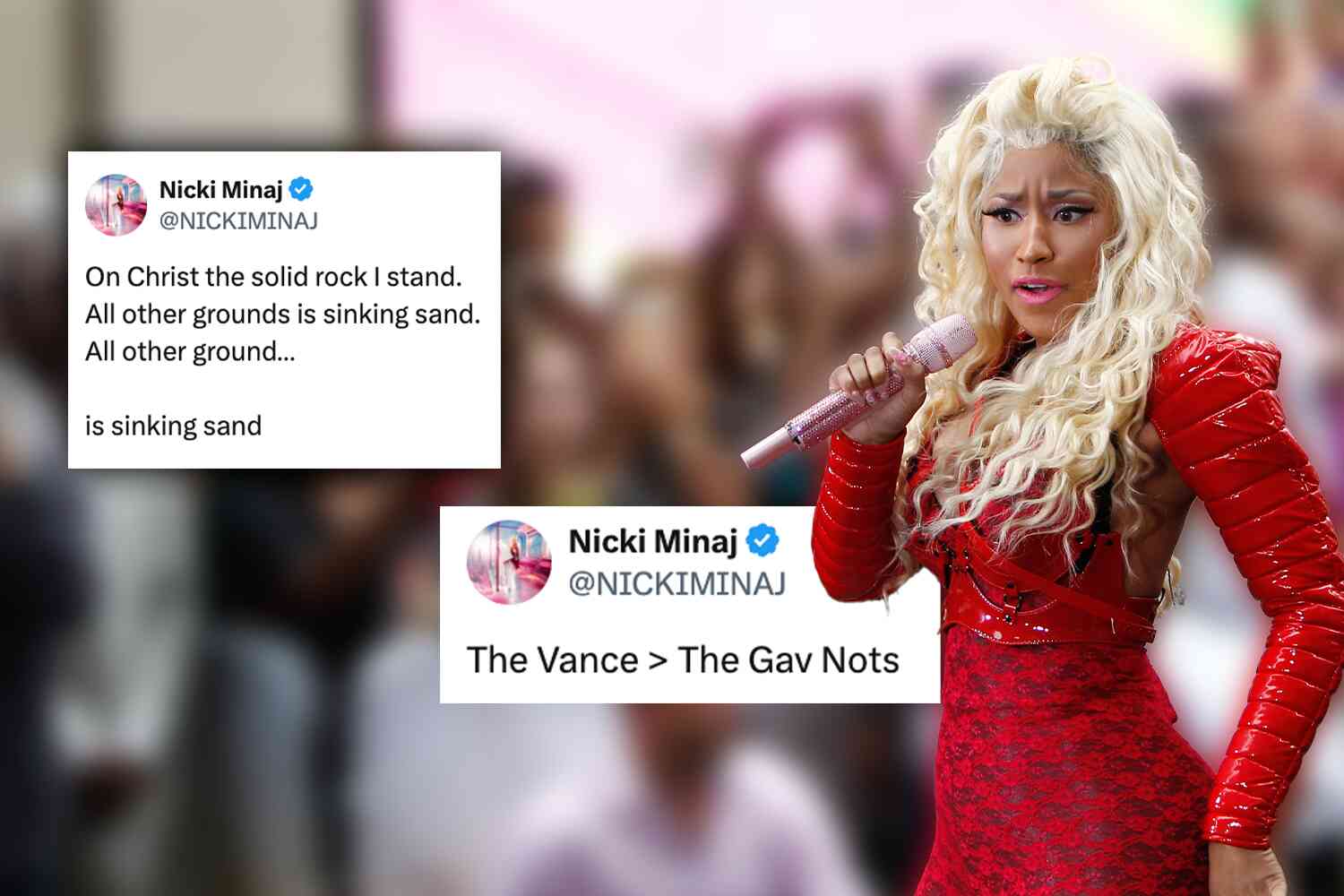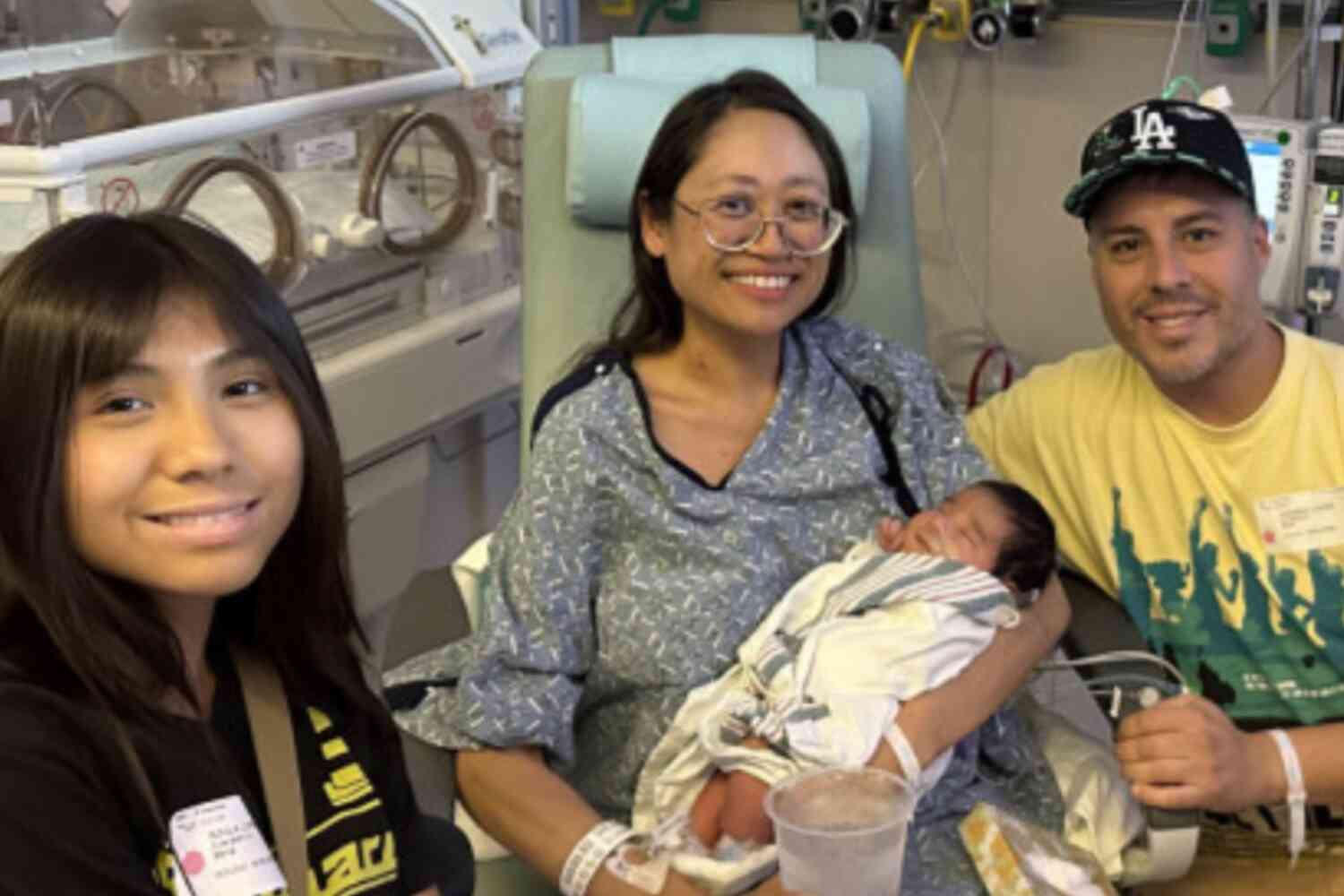For my entire life, I've been told that recycling would save the planet. The marketing has been so encompassing and persistent that even grown theocratic alt-right extremists like me continue to recycle anything and everything when possible.

As it turns out, all that recycling is pretty much pointless.
Don't get me wrong: I'm going to keep recycling because it saves me a lot of room in my trash bin and recycling pickup is free.
But let's put aside the notion that we're saving the environment by separating out our plastics into different bins.
The findings provide yet more proof that plastic recycling is a "myth," says the new analysis, published by the environmental nonprofit Greenpeace USA this week.
Yeah, that's right.
This study isn't coming from some conservative think tank that wants to pollute so that the rich white men can afford more cigars for their dimly lit villain's lairs; it's coming from the uber-woke activists over at Greenpeace who would be more than happy if a few billion people kicked the bucket to save Mother Earth.
Plastic, which is made from fossil fuels, is notoriously difficult to recycle. A major reason: Though they can be broken down into broad categories, there are thousands of varieties of the material, each with its own chemical makeup. Most cannot be recycled together, so to be processed, they must be meticulously sorted. Still, hundreds of millions of tons of plastic are produced each year, which is a major problem for the climate: Plastic production and disposal account for 3.4 percent of global greenhouse gas emissions.
"If plastics were a country, they would be the fifth largest emitter of greenhouse gases in the world," said Lisa Ramsden, senior plastics campaigner for Greenpeace USA.
By 2050, emissions from burning used plastics could reach 50 times the annual emissions of all coal power plants in America.
The most hilarious thing is that there's a ton of woke companies that get you to buy stuff by making "climate pledges," one of which involves recycling initiatives.
But even if they recycle all their waste material, only a fraction of it is actually getting reused!
Corporations say they'll take on this massive environmental toll by increasing recycling rates, but things are moving in the wrong direction. Plastic recycling has actually declined by up to 4.5 percent since its peak in 2014, the new Greenpeace report says. But plastic production has increased.
There's a reason for that. Plastic is essential for modern life.
Imagine if plastic were banned tomorrow. We'd have to return to heavy metal pipes for water. We'd have no easy material to package food in a sterile way. We'd have to reshape how we make carpets, tiles, flooring, cars, all phones and computers, and planes. I bet you're wearing quite a bit of polyester or nylon at this current moment – that would go away as well.
We also need plastics to make solar panels and wind turbines!
In short, there is nearly nothing you own that does not include or involve the use of plastics in its creation.
Still, the companies that say they are all about the environment to get your money actually care more about money – surprise! – than meeting those goals.
Another major Greenpeace report finding: No plastic product meets a common industry-backed standard for recyclability, though many bear the well-known "chasing arrows" symbol. According to the Ellen MacArthur Foundation's new plastic economy initiative, an item must have a 30 percent recycling rate to receive their "recyclable" classification. Hundreds of major corporations, including Pepsi, Starbucks, and Clorox, have signed onto a commitment agreeing to this definition.
The problem does not lie with consumers, who have no idea that most American recycling landed in China before China shut that gig down, or that most of their recyclables end up being burned or in the landfill.
They also don't know that 5 of the 7 types of plastic listed on the bottom of products are not recyclable.
The problem isn't individual consumers failing to take advantage of recycling programs or tossing takeout boxes into the wrong bins, the report makes clear. Rather, many plastics that consumers think they are recycling never make it through a recycling process. For that reason, plastics have never achieved even a double digit recycling rate in the country, while recycling rates for other materials, like glass, metal, and paper, are much higher.
And:
Even plastics of the same category can't be recycled together — PET#1 bottles that are dyed green, for instance, can't be processed with clear PET #1 bottles. Few facilities have the capacity to sort so many different materials.
I'm all for reducing our use of plastics, especially as we learn more about microplastics in our bodies and the influence of plastics on different ecological biomes.
But like any era of technological development, simply refusing to use the technology isn't going to get us to a point where we can discover newer, better materials and processing technologies. The solution is to incentivize people to come up with new solutions instead of locking everyone out.
While we're at it, we could also stop aborting millions of babies that very well could have discovered the solutions to our problems.

As it stands right now, neither the Boston Globe nor Greenpeace want to focus on human ingenuity, but legal enforcement.
As a first step, Greenpeace says, corporations should have to remove the recycling symbol from plastic products, since most of them are never recycled. This could help alleviate some confusion about the materials.
Ramsden also said policies banning the sale of some plastic materials can help promote plastic reuse, which could lead to reduced plastic production.
...
Corporations could also promote reuse by, for instance, moving toward a "milkman" system, switching to glass bottles which they can allow consumers to refill, the report says.
These are Band-Aid solutions. Imagine concerned environmentalists in the 1890s pushing legislation to reduce horse droppings in the streets by making horses more expensive and restricting the hours horses can walk on the streets. In such a scenario, all their efforts would have been for naught, since the automobile was about to be invented and change the world forever.
If you want to fix the plastic problem, promote human achievement. Incentivize out-of-the-box thinking instead of groupthink and censorship. Teach kids reading and math instead of gender fluidity. Focus on creating stable families with lots of kids to pave a pathway for a stable society with unimaginable future growth.
The insane development of the last 200 years didn't happen because people focused on using less, working out their white guilt, and having less kids.









